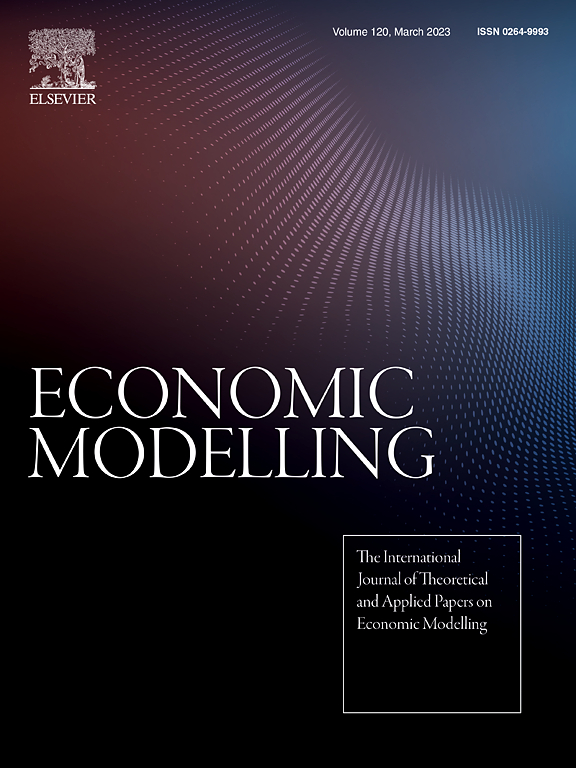
Lo más reciente
Do professional exchange-rate forecasters change their projections upon global economic policy uncertainty (EPU) shocks? Significant effects have been identified for major currencies, but emerging-market currencies are usually more difficult to predict and less related to global shocks. We study this question for five Latin-American currencies: Brazil, Chile, Colombia, Mexico, and Peru using data for the period 2003–2020. Our results show that global EPU shocks lead to significant upward revisions implying expected exchange-rate depreciations on a 12-month horizon. Using time-varying coefficients, we find intensified impacts during crisis events such as the great financial crisis, and the initial COVID-19 emergency. These non-linear effects from global EPU shocks are new in the literature. Our results are not only robust to the use of alternative measures of global uncertainty, but are also consistent with the forward-looking nature of economic expectations given the documented negative effects of EPU shocks on global investment and consumption.

